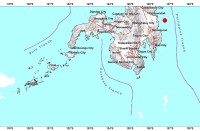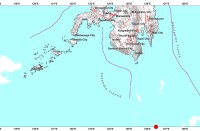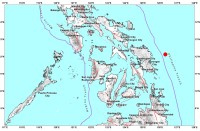DAVAO CITY, Feb. 2 (PNA) — The United Nations Educational, Scientific and Cultural Organization (UNESCO) has selected Davao City as the pilot site for sustainability science project on enhancing resilience to disasters of urban water systems in Mindanao.
The implementation of the sustainability science projects will be formally introduced in a consultation Wednesday (February 3) at Grand Regal Hotel with the Department of Science and Technology (DOST) and HELP (Hydrology for Environment, Life and Policy) Davao Network in the lead.
The consultation will provide a valuable source of stakeholders’ perspectives and inputs that can improve project design and outcomes, serve as backbone and help identify and control external risks.
The sustainability science project is a multi-stakeholder project entitled Demonstration Site on Enhancing Resilience to Disaster of Urban Water Systems of Mindanao. It aims to demonstrate the resilience of the urban water system of Davao City to climate change.
Malou Manlosa of DOST 11 said the project will be achieved by adopting a three-pronged approach strategy that considers vulnerability and community resilience in the context of climate change.
The strategic approach are assessing the state of the urban water systems in Davao City which involved mapping and data gathering spearheaded by the University of Philippines – Mindanao (UPM-Min); second, strengthening integrated planning and coordination to enhance resilience in the management of the water systems with the Ateneo de Davao University taking the lead; and, third, raising awareness on climate change adaptation among stakeholders by demonstrating resilience.
Manlosa said the project is expected for completion in four months with HELP-Davao leading the overall project funded by UNESCO. This will involve the academe with representatives from the AdDU, Up-Min, State Universities and Colleges, non-government organizations, national government agencies, local government units, among others.
Also involved in the project are the 35 barangays identified as flood-prone areas under the DREAM-Lider project of DOST.
Manlosa said the residents along the Talom-Lipadas river, Lasang River, Davao River and Matina Crossing would directly benefit from the project. She is however not sure if the project also involves infrastructure.
Manlosa said the 35 barangays are being involved because they are more knowledgeable and the first to be affected by flooding.
She said the data gathered during the implementation will be shared to them and all stakeholders. (PNA)







